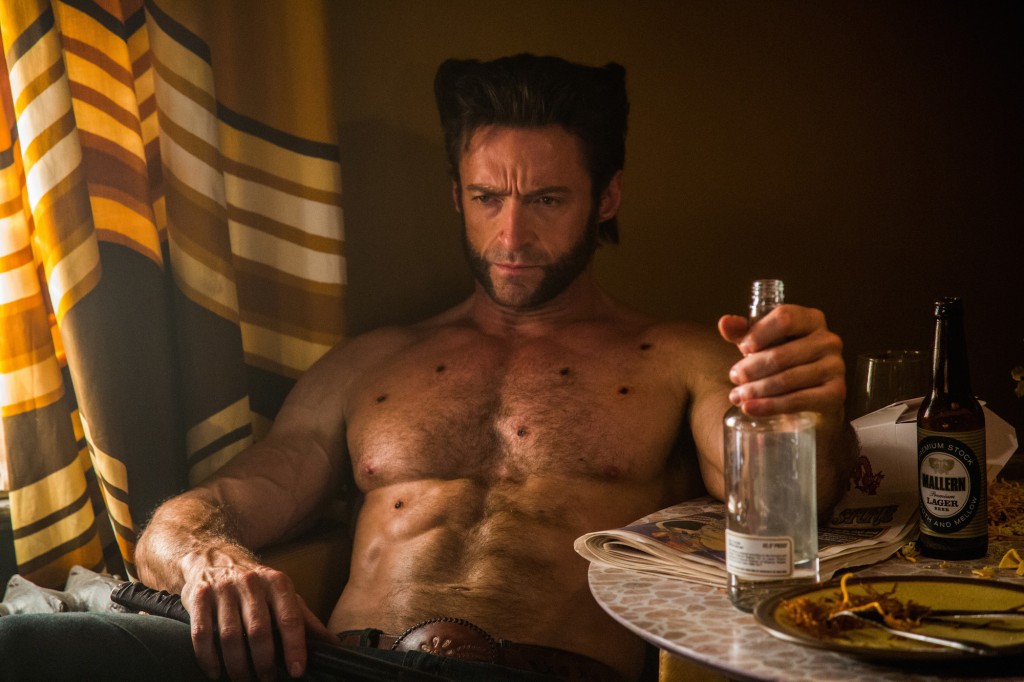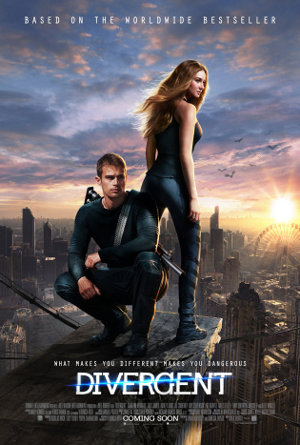
Surprise, surprise. The film adaptation of John Green’s The Fault in Our Stars premiered in the USA this weekend – and out has poured an enormous backlash from mainstream critics decrying the rise of YA and death of mature culture.
Wahh.
I’ll start by saying that it pains me to give more attention and credence to link-bait posts like Slate’s (I’ll link it, but hope you don’t click it) recent reader-shaming summation that women who read YA are childish and that “you should feel embarrassed when what you’re reading was written for children”.
And that A.O. Scott, film critic of the New York Times, tweeted it saying:
thank you @publicroad. this needed to be said. you were maybe even a little too nice about it. http://t.co/atOl23Secl via @slate
— a. o. scott (@aoscott) June 5, 2014
(He has now participated in debate a bit, RTing some people on the other side of the argument. But he also refers to the popularity of YA as “the cultural devaluation of maturity.” Because the characters in TFIOS are nothing if not totally immature, amirite?)
And that although the bookish community has come under fire in this way before – and knows that it’s not worth contributing to the flame war – it’s just so, so galling as can’t be ignored. This backlash is symptomatic of a better-than-you critical culture that is not only hostile towards anything rising in popularity from a long-serving niche, but one that has once again shown itself to be ageist and, ultimately, deeply misogynist.
RE: the Great Slate YA Debate: TV shows about teens are historically condescended to while shows about adults get unearned complexity cred.
— emilynussbaum (@emilynussbaum) June 5, 2014
TV shows, books, movies – the lot. The reason why this scrutiny is hitting platforms like Slate is simply because the YA book bubble has once again infiltrated the mainstream critical arena.
Except this time it’s not a world of Harry’s wizard pals or Katniss’ gladiatorial games, but a contemporary tale of a couple of real life teens living with cancer and the pains of first love.
I’m not saying that TFIOS is a perfect text. When I read it shortly after it was published, I found it sweet and moving, but found dialogue way too clever for the mouths out of which it emanated. But I recognised that, at 17, I’d have loved it. I saw what those teen readers, and indeed older women, see in these characters and in the story.
Yet writers like the Slate author seem to have wilfully forgotten about that time in their lives. It’s okay to “know better”, but it’s not okay to shame those who don’t, or who choose to look past it and enjoy the text on its merits. There have been innumerate more think pieces about how John Green has “legitimised” YA novels and made romance “acceptable” – but apparently that doesn’t stretch to being empathetic about people who are younger, and women who crave or aspire to his brand of emotional escapism.
It is fitting that John Green recently defended Twilight and its fans, digging up the mainstream culture for shitting on the audience of women who found value and enjoyment in the series. No doubt he knew that as his and the text’s level of fame rose, the same critical naysayers were on their way to greet him.
The entire enterprise is bullshit. It serves an ageist agenda (for how could these teens’ feelings possibly matter?) and a misogynist one (replace “teens'” with “women’s”), because women who participate in and find joy in YA literary culture must be emotionally stunted.
Do you know why women read YA? Various reasons. But the one that’s key to this argument is this: Because there are too few stories for women. There are no other places to look in the mainstream for a female character who is going through a tough gig and finds understanding in another human person.
There are too few female characters in mainstream media who are fighting their battles with grace and an overarching sense of authenticity. We can’t find ourselves anywhere else, so of course the “legitimised” arena of YA is super attractive to us. It’s a place of sentiment, not judgment. It feels meaningful.
Quick media test for future article reading: does media think [insert sweeping category here] is stupid? Are there many women involved…? — Maureen Johnson (@maureenjohnson) June 6, 2014
So what’s the problem with young women – be they 13 or 33 – finding meaning in a book and film like The Fault in Our Stars? Why is their enjoyment of a thoughtful text being suppressed?
Why do these critics feel like YA and the “devaluation of maturity” have been shoved in their faces, thrust into their comfortable and apparently mature (so mature as to react like this to what they deem a children’s book) world?
I don’t have the answers – but I’d sure like for us to talk about it more.
In related responses:
- Why Criticizing YA is Sexist by Dianna Anderson
- Alan Jacobs & Austin Kleon: Read at Whim

